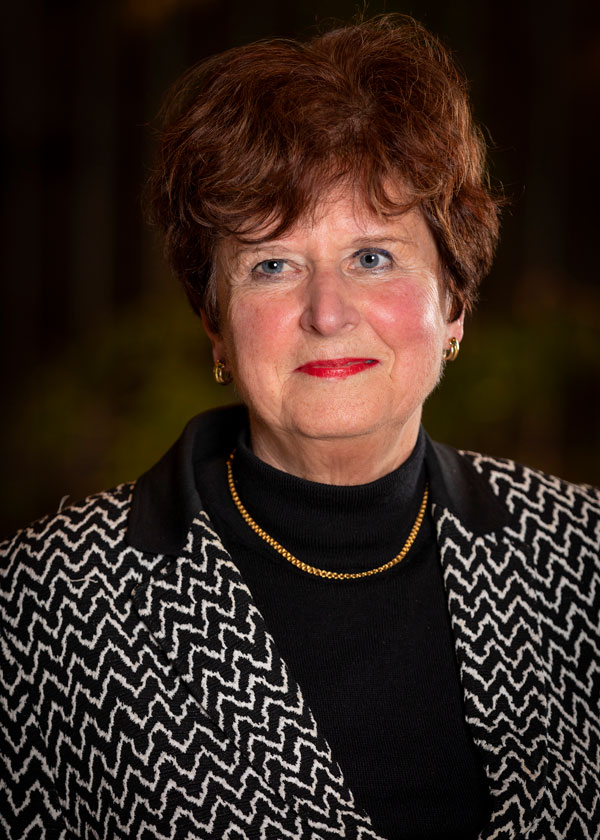2023 Elections: Candidate Statement for WFN Treasurer
Marianne de Visser (The Netherlands)
 |
Marianne de Visser |
My name is Marianne de Visser. I am an adult neurologist and (emeritus) Professor of Neuromuscular Diseases at the University of Amsterdam, the Netherlands.
I would like to apply for the position of Treasurer.
I have been committed to the good cause of the WFN for several decades. I have served under inspiring Presidents. First as a delegate on behalf of the Netherlands Society of Neurology, subsequently as an Elected Trustee under the late Presidents Yun Kimura and Johan Aarli. Under Bill Carroll’s presidency I was Chair of the Nominating Committee and most recently Co-opted Trustee. President Wolfgang Grisold appointed me as Chair of the Membership Committee and Chair of the Committee for Diversity, Equity and Inclusion.
I have witnessed the growth of WFN. The increasing membership, but also the expanding role of the WFN in several impactful initiatives worldwide are clear signs of leadership.
The close collaboration with the WHO has borne fruit for neurology. One example is the Neurology Atlas, showing the country resources for neurological disorders. The data highlight that while the burden of neurological disorders is disproportionately high in low- and middle-income countries, health-care services and resources are often scarce. The main project presently is the implementation of the intersectoral action plan for epilepsy and other neurological disorders, IGAP, which was approved at the World Health Assembly in May 2022, and has a time of 10 years for the duration of the program. It focuses on advocacy, treatment, prevention, research, innovation, and public health awareness, and is meant to implement neurology in all countries of the world.
The WFN puts many efforts in fulfilling its mission ‘Fostering quality neurology and brain health worldwide’. For example, by organizing the World Brain Day, together with the six regional societies. World Brain Day is an extremely successful recurring event on July 22 – this year focusing on ‘Brain Health and Disability, leave no one behind’, conveying five important messages: Awareness, Prevention, Advocacy, Education and Access.
Several WFN Programmes focus on education, in particular aimed at residents and early career neurologists. This year we celebrate the 10-year anniversary of WFN training centres which provide one-year fellowships but also four-year residency programmes. Another great success is the department visit program which enables an exchange of experiences and practices and also creates an opportunity to create an academic network for future cooperation.
At the beginning of his term President Grisold stated that the WFN will need to take diversity, equity and inclusion into consideration in its strategy, that the needs of early career neurologists require specific attention and action and that a platform for patient organizations should be installed in the WFN infrastructure. I embrace those initiatives and I am fully committed to serve the WFN as Treasurer to make those initiatives to a success in close collaboration with the Trustees and the indispensable colleagues from the Head Office.
Other Candidate Statements
In alphabetical order.
|
Treasurer |
Elected Trustee |







